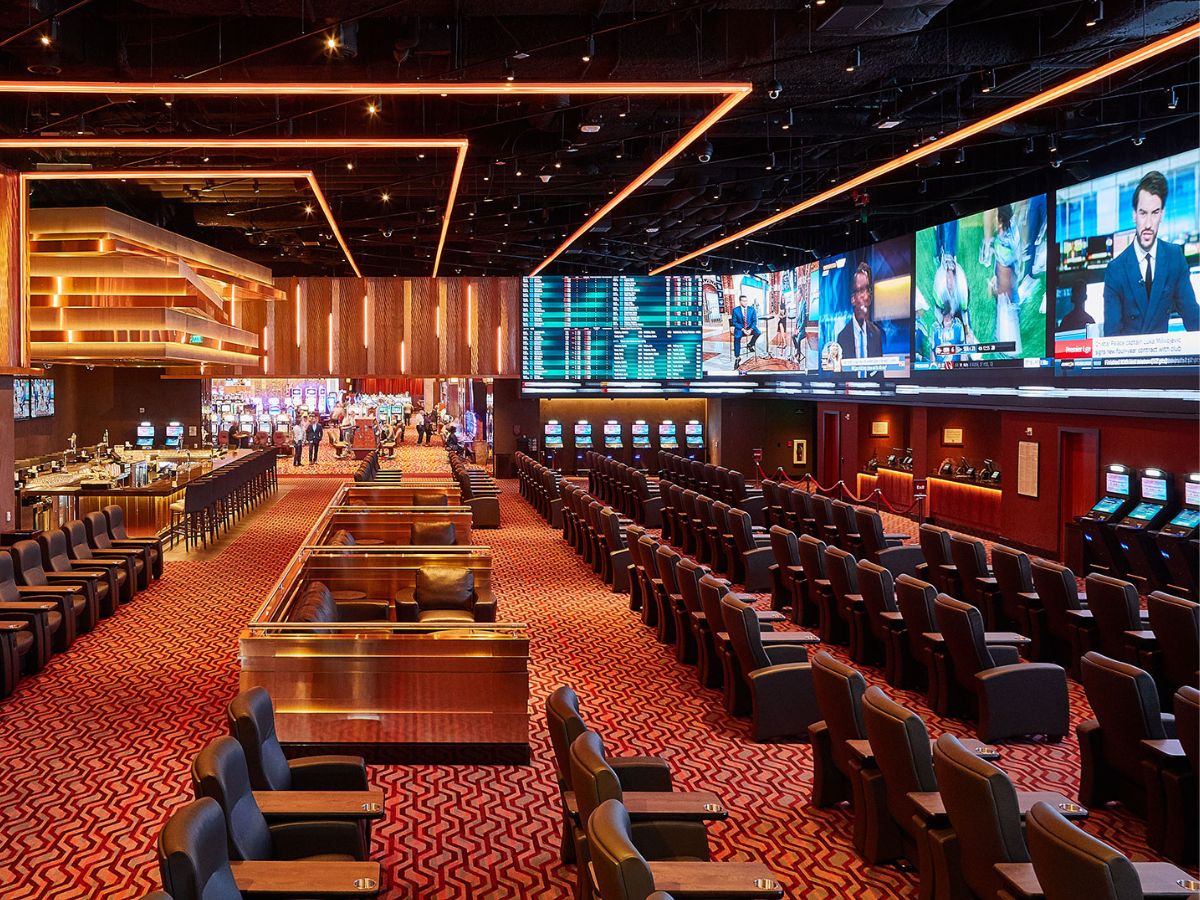
Casino games have long captured the imagination of people around the globe, becoming an important part of both fun and culture. From the glimmering lights of the Vegas Strip to the captivating experience of internet gambling, these experiences evoke excitement, danger, and sometimes even a sense of nostalgia. They are beyond just pastimes; they have woven themselves into the fabric of our lives, influencing everything from cinema and melodies to style and writing.
The charm of casino games surpasses the gambling aspect, tapping into broader themes of luck, possibility, and social interaction. As players gather around a card table or turn the roulette wheel, they engage in an timeless ritual that connects with our communal desire for adventure and uncertainty. This obsession has led to the growth of numerous references in movies, music, and gaming, showcasing how strongly entrenched these pastimes are in pop culture. Whether it is the intense drama of a legendary caper or the colorful nightlife portrayed in videos, casino games have carved out a substantial place that reflects our relationship with reward.
Historical Significance of Gambling Activities
Gambling games have played a crucial role in social aspects throughout the ages. Originating from ancient societies, games of chance were often connected to ceremonies or events. For instance, early iterations of these activities can be traced back to historic China and the Romans, where dice games and betting on outcomes were common pastimes. These games not only served as leisure but also as methods of connecting people, facilitating relationships among people within communities.
As societies evolved, so did the sophistication and organization of casino games. The creation of formal casinos in the 17th century, particularly in the Italian region, marked a notable shift in how games were perceived and organized. With specific spaces for gambling, the casino became a community center where patrons from different backgrounds convened. This change contributed to the validation of gambling, transforming it from a mere pastime into an organized industry that shaped the economy and regulations.
The impact of casino games on mainstream culture cannot be understated. As they were brought into the limelight in literature and film, games such as Texas Hold’em and blackjack became symbols of chance, chance, and strategy. Famous figures and stories have developed around these games, illustrating societal views towards luck, prosperity, and immorality. This interest with gambling games has permeated various forms of media, cementing their status in the collective consciousness and linking them to wider cultural narratives throughout history.
Portrayal of Casino Games in Entertainment
Casino activities have long been a popular subject in various forms of media, reflecting both the fascination and intricacies of gambling culture. Films such as Ocean’s Eleven and Casino Royale portray individuals who navigate high-stakes environments, showcasing not only the allure of the gambling environment but also the methods and choices that come with playing popular games like Texas Hold’em and 21. These movies often dramatize the exhilaration of winning and the potential repercussions of losing, encapsulating the perils involved in gambling.
TV programs have also explored the universe of casino games, often integrating them into the plot as a context for story progression and drama. Series like Vegas depict the experiences of gambling employees and patrons, highlighting the vibrant, often chaotic energy of the casino floor. Docuseries featuring intense gambling competitions further emphasize the appeal of casino games, drawing viewers into the drama and strategy involved in each round. Through these portrayals, media not only entertains but also sparks conversations about luck, skill, and the character of chance.
Video games have increasingly incorporated casino games into their structure, allowing players to simulate the feeling of gambling without financial risk. Titles within the landscape of digital gaming often include online slot machines, poker, and other casino favorites, creating an interactive experience that mirrors traditional gambling. These virtual portrayals make casino games accessible to a worldwide viewer base, appealing to both gamblers and those who enjoy the thrill of simulation. As a consequence, the representation of gambling activities in media continues to shape cultural attitudes and cultural significance, highlighting their role in society and the cultural landscape.
Impact of Gambling Activities on Society
Casino games have a meaningful impact on communities, affecting various aspects of societal norms and social behavior. They often serve as a platform for community engagement, where people gather to enjoy a shared activity. Game nights with friends or visits to casinos become social activities that build connections and create shared moments. This communal aspect boosts the fun value of casino games, making them a favored choice for festivities and leisure activities.
Additionally, gambling activities have been portrayed in countless movies, television shows, and literature, shaping views and opinions towards gaming and betting. Icons like James Bond competing in baccarat or the high-stakes poker scenes in films have cemented these games in the shared imagination. This representation often idealizes the lifestyle associated with gambling, attracting new players and influencing trends in both fashion and conduct. These portrayals can ignite curiosity and lead to a more profound exploration of the intricacies of gambling. nohu90
Nonetheless, there are also negative implications associated with the widespread appeal of casino games. The temptation of quick monetary gain can lead to problem gambling and financial troubles for some individuals. The community must grapple with these issues, promoting responsible gambling and awareness of the risks involved. Balancing the fun aspect of gambling activities with the risks is vital to ensure that they remain a beneficial aspect of our societal fabric.
